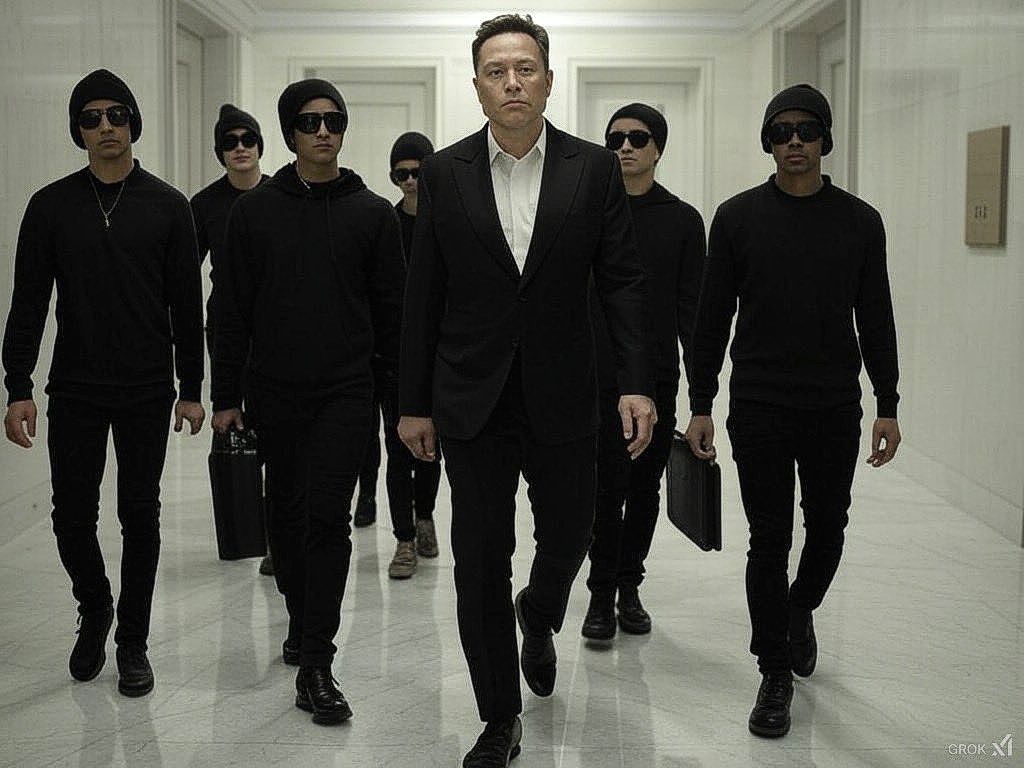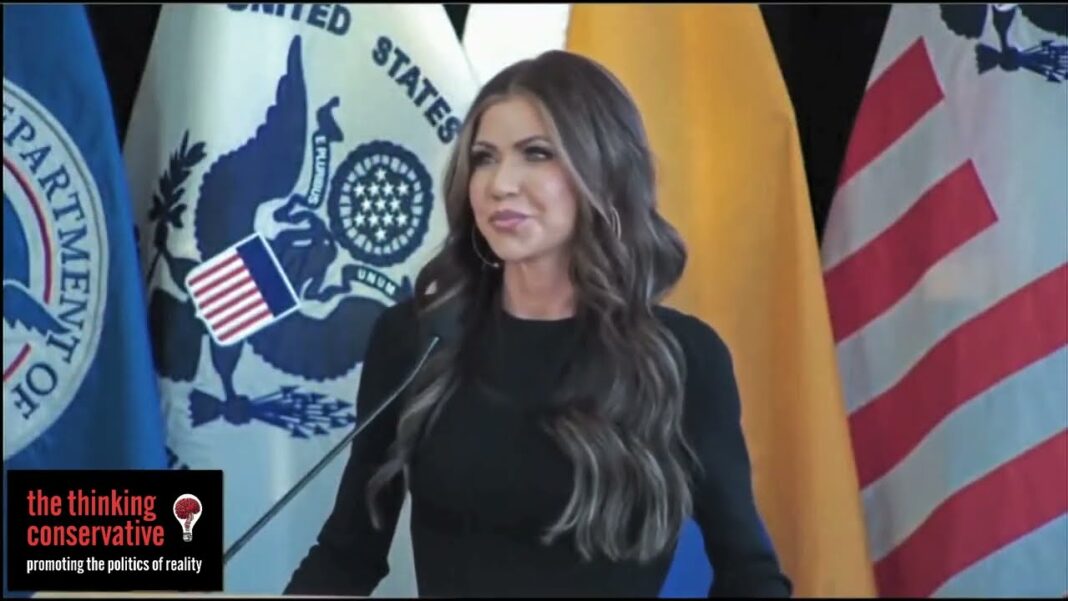The tech CEO’s tenure in the federal government is coming to an end.
Elon Musk, who was tapped by President Donald Trump to lead his Department of Government Efficiency (DOGE) earlier this year, will soon leave the federal government, the tech CEO said on May 28.
In a post on his social media platform X, Musk said that he is parting ways with the federal government.
“As my scheduled time as a Special Government Employee comes to an end, I would like to thank President @realDonaldTrump for the opportunity to reduce wasteful spending,” Musk wrote. “The @DOGE mission will only strengthen over time as it becomes a way of life throughout the government.”
When Trump appointed him to lead DOGE’s efforts in January, Musk was designated as a “special government employee,” which by law is limited to 130 days.
However, since the White House said Musk officially began his role on Feb. 3 and he may have begun working earlier than that, it’s not clear exactly what date his contract ends.
A beginning date of Feb. 3 would make Musk’s contract expire on June 13. If he began working when DOGE was created on Jan. 20, his contract would end on May 30.
After a massive X outage last week, Musk said he would resume working at his various companies, including SpaceX and Tesla, around the clock.
“Back to spending 24/7 at work and sleeping in conference/server/factory rooms,” Musk wrote on X. “I must be super focused on X/xAI and Tesla … as we have critical technologies rolling out.”
Days later, the tech CEO made headlines for criticizing Trump’s Big Beautiful Bill Act.
In an episode of “CBS Sunday Morning” due to air on June 1, Musk said he was disappointed by the bill because of how much it is projected to increase the federal budget deficit, and how it “undermines the work that the DOGE team is doing.”
“I think a bill can be big, or it can be beautiful, but I don’t know if it can be both,” Musk said.
In response, House Speaker Mike Johnson said that the reconciliation bill is about mandatory spending, including Medicaid, while the cuts recommended by DOGE are to discretionary funds.








